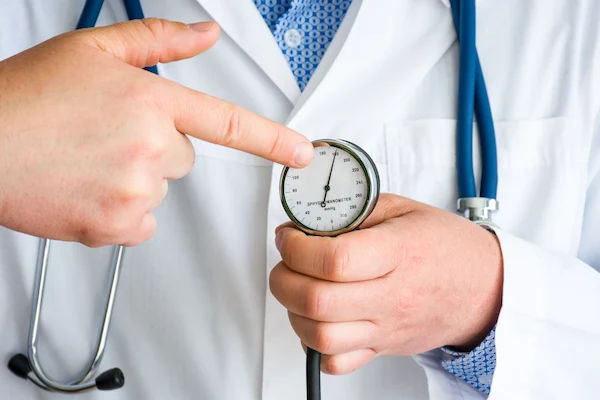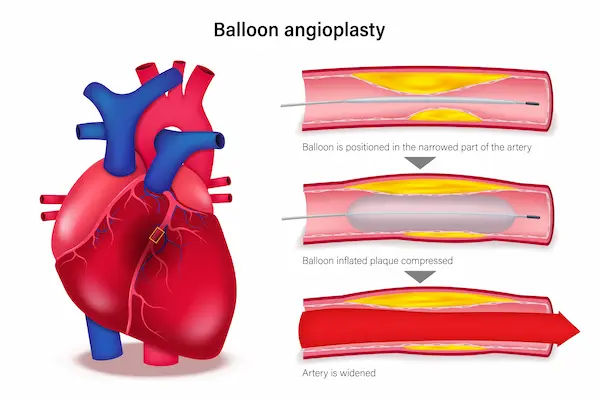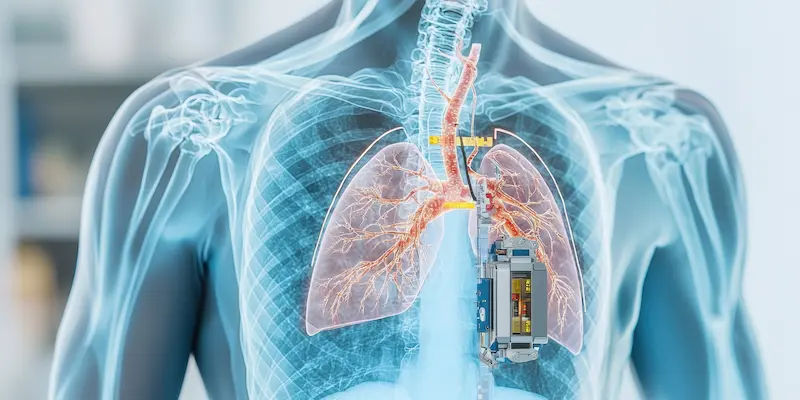- male
- 20 Years
- 20/02/2025
So, I've been keeping track of my heart rate and noticed that my resting heart rate is usually between 50 and 55 bpm. I'm a 20-year-old guy, relatively healthy, and Im about 6'2 tall, weighing 74 kg. When I do high-intensity interval training, my heart rate can spike up to 150-160 bpm. Is this normal for someone my age and build, or should I be concerned about these numbers?
Answered by 1 Apollo Doctors
A resting heart rate averaging around 50-55 bpm can be normal for a healthy 20-year-old male, especially if you are physically active or an athlete, as regular exercise often leads to a lower resting heart rate due to increased cardiovascular efficiency. Reaching a heart rate of 150-160 bpm during High-Intensity Interval Training (HIIT) is also within normal ranges for vigorous exercise. However, if you experience symptoms such as dizziness, fatigue, or fainting, it would be advisable to consult with a healthcare provider to ensure there are no underlying issues. Otherwise, your heart rate appears consistent with a healthy, active lifestyle.
Dr. Ibrahim Suggests...
Consult a Cardiologist
Answered 25/07/2025
0
0

More Cardiology Health Queries
View allI'm looking for an alternative to Arvast gold since it's not available where I live. My doctor prescribed it to me, and I'm worried because I can't find it. Can you help me figure out what I should do?
You can consider taking Rosuvastatin (brand name Crestor) as an alternative to Arvast gold.
Answered by 1 Apollo Doctors
I'm dealing with high blood pressure, and it's sometimes reaching 160110. I also recently tested positive for inducible ischemia, and I'm really worried about what this means for my health. Could you please advise what steps I should take next?
It's important to manage your blood pressure to reduce the risk of complications. I recommend starting with lifestyle changes such as reducing salt intake, exercising regularly, and maintaining a healthy weight. In terms of medication, you may benefit from taking an ACE inhibitor like Lisinopril at a starting dose of 10 mg once daily. Additionally, a beta-blocker such as Metoprolol at a starting dose of 25 mg once daily can help with both high blood pressure and ischemia. Please follow up with your healthcare provider for further evaluation and management.
Answered by 1 Apollo Doctors
I'm wondering if a heart rate of 94 is considered high. I've taken a screenshot for reference. Could you please give me your advice on this?
A heart rate of 94 beats per minute is slightly above the normal range for adults, which is typically between 60-100 beats per minute at rest. It is not considered high, but it is on the higher side of normal. To help lower your heart rate, you can try relaxation techniques, regular exercise, and maintaining a healthy lifestyle. If you continue to have concerns about your heart rate, you can consult with a healthcare professional for further evaluation.
Answered by 1 Apollo Doctors
Disclaimer: Answers on Apollo 247 are not intended to replace your doctor advice. Always seek help of a professional doctor in case of an medical emergency or ailment.




